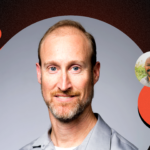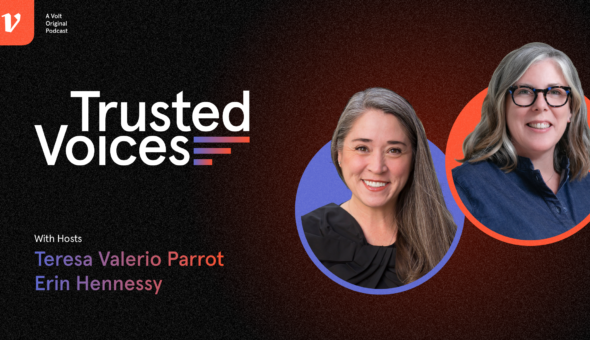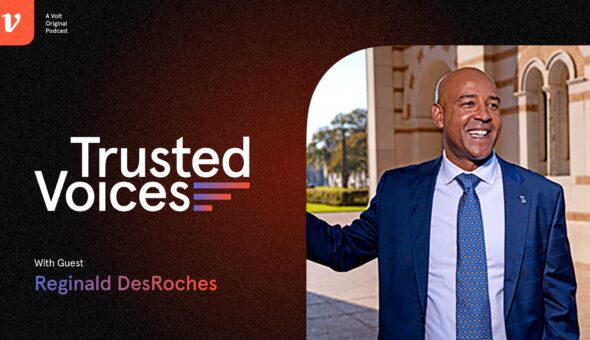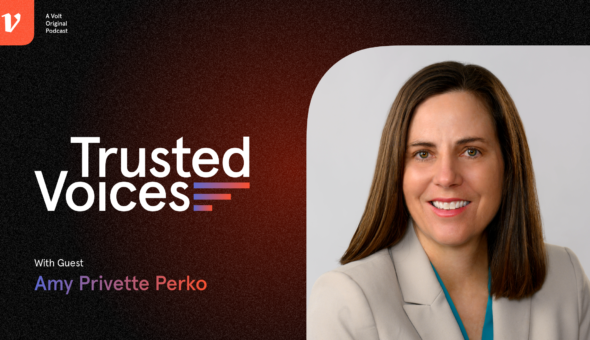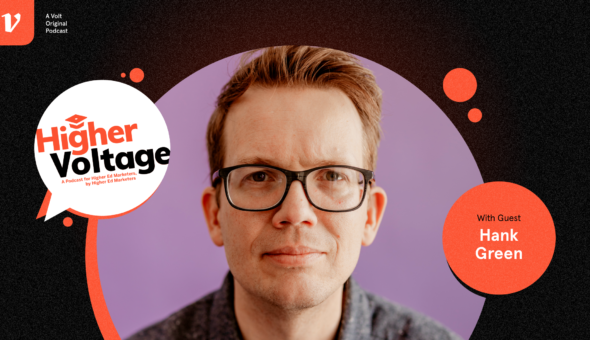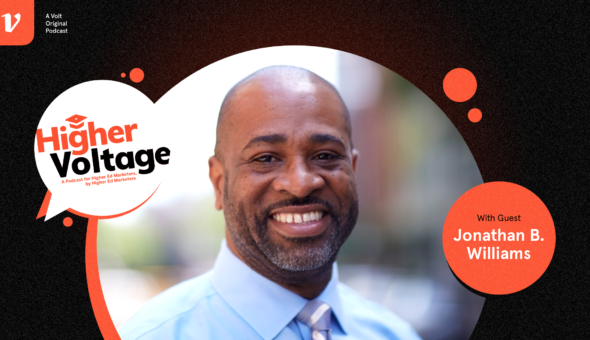When it comes to increasing collegiate access and enabling social mobility, which types of institutions are best-suited to open those doors?
Matt Reed, a senior executive officer at the New Jersey Council of County Colleges, believes that exclusivity is not the solution, that community colleges and non-exclusive colleges are the key to enabling more Americans to improve their lot.
That point of view contrasts with the view held by Ryan Craig, who recently penned an op-ed for Inside Higher Ed advocating for elite institutions like Yale to open similarly exclusive satellite campuses around the country. Reed who writes the blog “Confessions of a Community College Dean” for IHE, crafted a response to Craig’s perspective.
We spoke with both columnists in separate recorded interviews. Here, we present Craig’s position that expanding access to selective institutions is necessary to secure the future of higher ed.
To listen to our interview with Craig, visit that show page.
Related readings:


